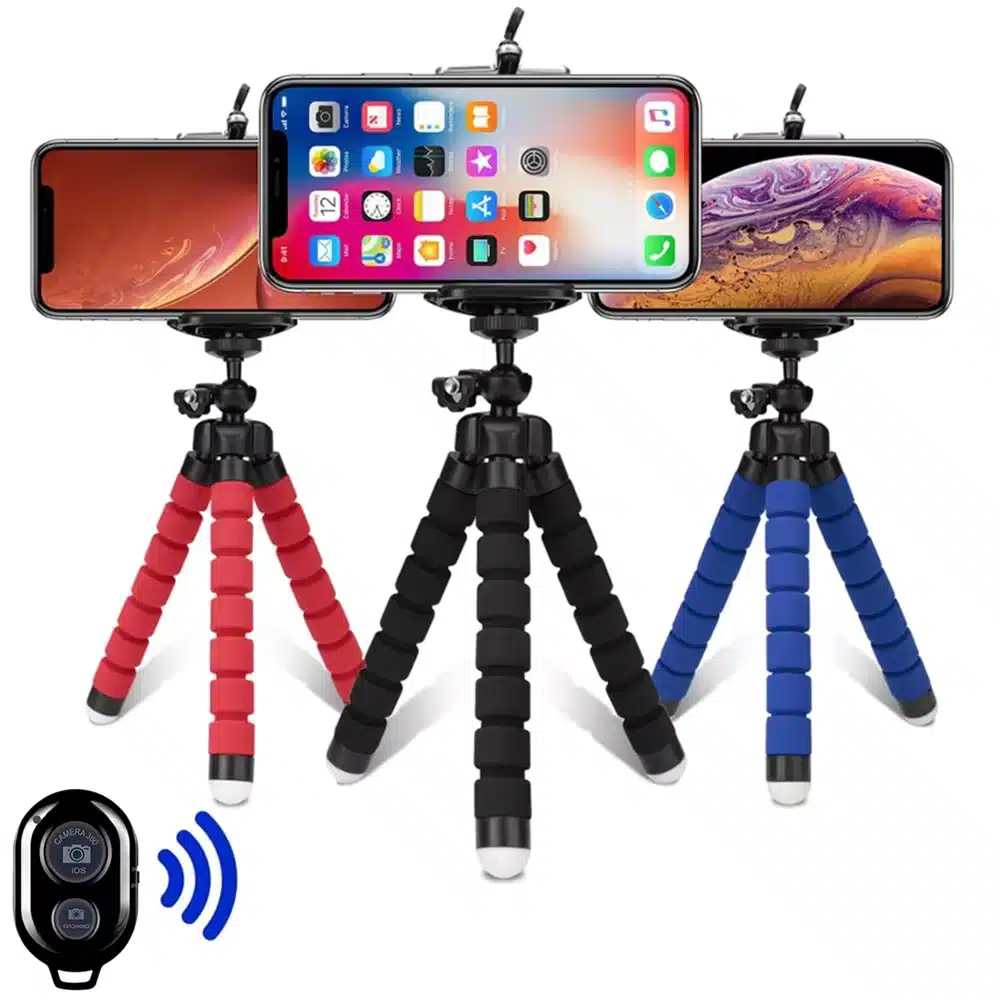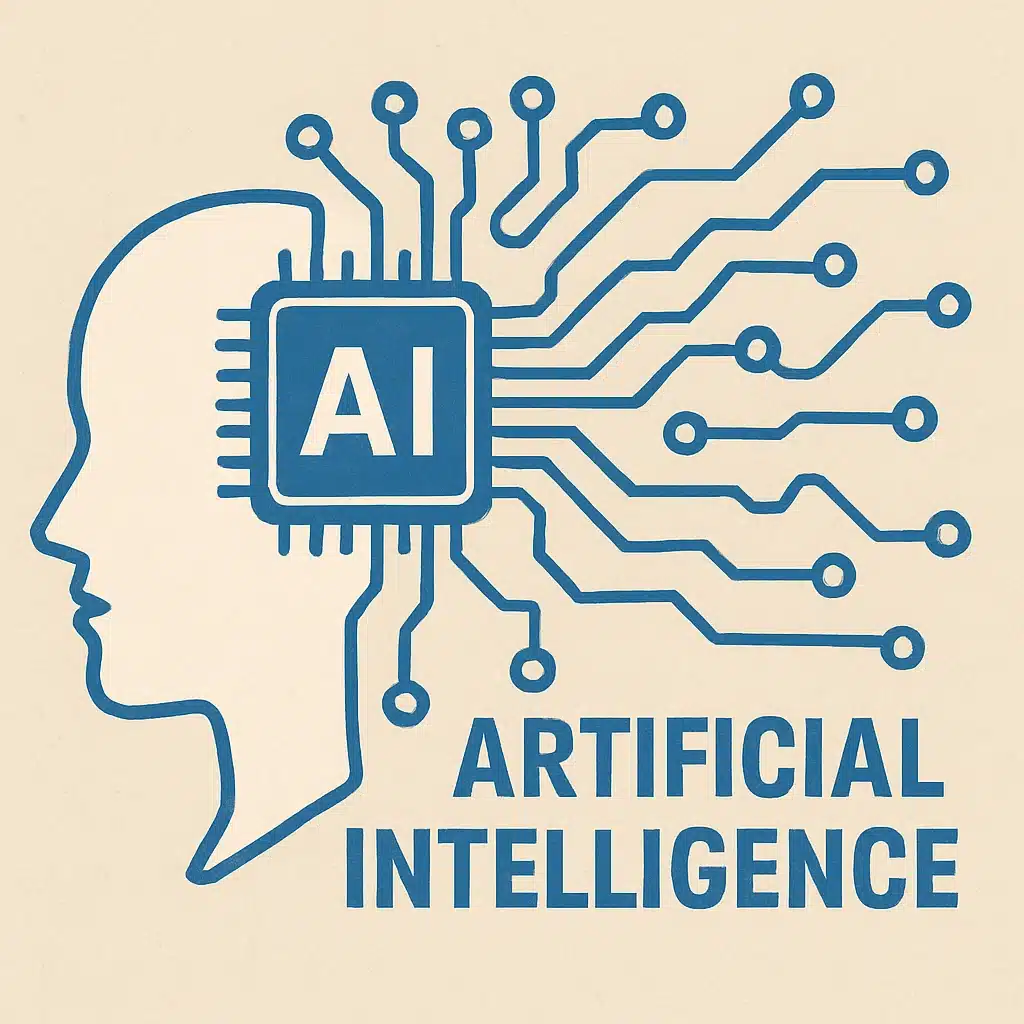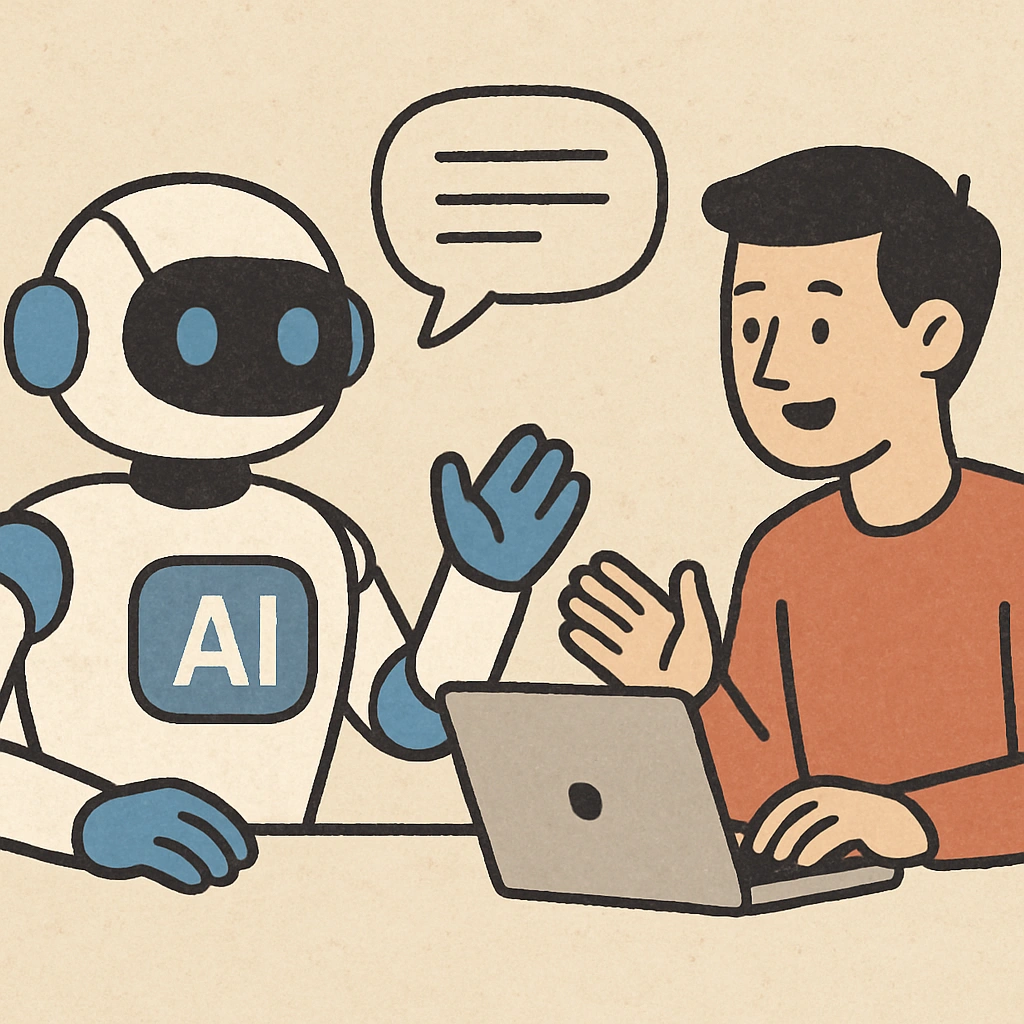Best Educational AI Robots for Kids 2025 | Top Learning & Emotional Support Robots
In 2025, AI robots for kids are no longer just futuristic toys—they are integral tools that can support children’s educational journeys, emotional growth, and social development. With increasingly sophisticated AI technology, these robots provide personalized learning experiences, emotional support, and interactive fun, blending education with entertainment. Top Educational AI Robots for Kids help children develop essential skills for the future, including problem-solving, creativity, emotional intelligence, and communication.
Whether you’re a parent, teacher, or caregiver, understanding the best AI robots for kids is crucial for ensuring that your child receives the educational and emotional benefits they deserve. This guide will introduce you to the top-rated AI robots for kids in 2025, exploring their features, benefits, and how they can contribute to your child’s development.
Key Features to Look for in Educational AI Robots for Kids
When choosing an AI robot for your child, it’s important to prioritize features that support their academic, emotional, and social growth. These robots should foster creativity, boost critical thinking skills, and help children better understand their emotions. Here are some key features to look for in the best AI robots for kids:
1. Engaging Educational Content and Learning Capabilities
A great educational robot should provide a wide range of engaging, age-appropriate learning content. Whether your child is learning to count, read, or explore new scientific concepts, an AI robot should make these subjects both fun and accessible. Robots that teach STEM subjects, coding, literacy, and problem-solving skills can be incredibly valuable for developing your child’s academic foundation.
Interactive Learning: Robots like Eilik and Miko 3 are designed to make learning enjoyable and engaging. These robots encourage hands-on learning, helping kids actively participate in their education rather than simply passively receiving information.
STEM Education: AI robots that focus on STEM (Science, Technology, Engineering, Mathematics) education provide valuable exposure to subjects that will shape the future. Eilik, for instance, offers coding lessons and engineering challenges that foster creativity and critical thinking, while Miko 3 offers personalized learning across a range of subjects including math and reading.
2. Emotional Intelligence and Social Skills Development
Aside from academic support, AI robots for kids can play a crucial role in helping children develop emotional intelligence and social skills. Robots like Loona and Miko 3 are equipped with emotion-recognition technology, allowing them to recognize a child’s emotions and provide the appropriate response.
Social Skills: Many children struggle with social interactions or have difficulty managing their emotions. AI robots can serve as companions, helping children develop essential social skills such as empathy, sharing, conflict resolution, and self-regulation.
Emotional Support: Robots like Loona go beyond entertainment by offering emotional guidance when a child is upset, anxious, or stressed. Loona provides comfort, encouragement, and even teaches techniques for coping with difficult emotions, making it a vital tool for children who need emotional support.
3. Interactivity and Hands-On Engagement
The more interactive an AI robot is, the better it can capture and maintain a child’s attention. Look for robots that feature advanced speech recognition, touch-sensitive screens, and the ability to play games or perform tasks based on the child’s input.
Hands-on Learning: Robots like Eilik allow children to explore concepts like coding and engineering through hands-on activities. With interactive challenges and games, children can learn by doing, which is often the most effective way for them to absorb information.
Entertainment and Fun: Robots like Astro and Miko 3 aren’t just educational—they’re designed to entertain as well. They can play games, tell stories, and even dance, ensuring that kids enjoy every moment spent learning.
4. Safety and Durability
When selecting an AI robot for children, it is essential to ensure that the robot is safe and durable. Look for robots made from child-friendly materials that can withstand rough handling, as children often engage with these robots in a hands-on manner. Additionally, make sure the robot meets safety standards and complies with child protection regulations.
Top AI Robots for Kids in 2025: Our Recommendations
Based on their educational value, emotional intelligence capabilities, and interactive features, here are some of the best AI robots for kids in 2025:
1. Miko 3: The Ultimate Emotional AI Robot for Kids
Miko 3 is one of the leading AI robots for kids in 2025, combining educational content with emotional intelligence features. This robot is designed for children aged 5 and above, making it perfect for elementary school-aged children. Miko 3 offers personalized learning experiences across subjects like math, reading, and problem-solving.
What sets Miko 3 apart is its emotion-recognition technology. The robot can detect the child’s emotional state and provide appropriate responses. Whether the child is feeling happy, anxious, or upset, Miko 3 offers words of encouragement, comforting music, or even playful distractions to help them feel better. Miko 3 is an ideal companion for children who need both educational support and emotional guidance.
For a deeper dive into Miko 3’s features, visit our Miko AI Robot Review 2025.
2. Eilik: A Hands-On STEM Learning Robot
Eilik is a fantastic robot for children who have an interest in STEM (Science, Technology, Engineering, and Mathematics). This interactive robot teaches kids the basics of coding, robotics, and problem-solving through fun, hands-on activities. Eilik is designed for children aged 7 and up, making it an excellent choice for school-aged children looking to explore the world of technology.
By programming Eilik and interacting with its various features, children can develop key STEM skills that will serve them in the future. This robot is an ideal choice for encouraging creativity, critical thinking, and innovation.
For more information on Eilik, visit our Best Interactive AI Robots page.
3. Loona: The Emotional Support Robot
Loona is an AI robot specifically designed to provide emotional support for children. It is equipped with advanced emotion-recognition technology that allows it to assess how a child is feeling and respond accordingly. Whether your child is upset, stressed, or simply in need of a companion, Loona is there to offer comfort and support.
In addition to offering emotional support, Loona helps children develop social and emotional intelligence by teaching empathy, self-regulation, and resilience. This robot is especially beneficial for children who need extra help managing their feelings or dealing with social challenges.
To learn more about Loona, check out our Loona AI Robot Review 2025.
4. Astro: The Smart Home Robot for Kids
Astro is not just an AI robot—it’s a smart home assistant that can integrate with your home’s devices to create a seamless and interactive experience. Astro can help children control home automation features like lights, temperature, and security systems while also providing educational content and entertainment.
Astro’s interactive features, such as voice commands and educational games, make it a fun and educational tool for children. It is perfect for tech-savvy children who are interested in learning how smart home devices work. Astro is a great way for children to engage with technology in a meaningful way.
For more information on Astro, visit our Astro AI Robot Review 2025.
How Educational AI Robots Are Shaping the Future of Learning and Emotional Growth
The integration of AI robots into children’s education and emotional development is a game-changer. These robots are not just tools for learning—they’re powerful companions that can guide children through their emotional and social growth. By adapting to each child’s needs, AI robots offer a tailored learning experience that’s both fun and effective.
In addition to reinforcing academic skills, educational AI robots like Miko 3 and Loona teach essential life skills like emotional regulation, empathy, and resilience. As AI technology continues to evolve, these robots will play an even larger role in shaping the future of education and emotional well-being.
Frequently Asked Questions (FAQ)
Q: What are the best AI robots for kids in 2025?
A: Some of the best AI robots for kids in 2025 include Miko 3, Eilik, Loona, and Astro. These robots provide a combination of educational content, emotional support, and interactive features to help children grow intellectually and emotionally.
Q: Are educational AI robots safe for kids?
A: Yes, educational AI robots are designed with child safety in mind. They are made from durable, child-friendly materials and comply with all relevant safety regulations.
Q: How do AI robots help with emotional development?
A: AI robots like Miko 3 and Loona help children manage their emotions by recognizing emotional cues and responding with comforting words, music, or activities. These robots also help children develop empathy and social skills, which are essential for emotional growth.
Conclusion: The Future of Educational AI Robots for Kids
In 2025, AI robots are transforming how children learn, grow emotionally, and interact with the world around them. Robots like Miko 3, Eilik, and Loona provide not only educational content but also emotional support, helping children navigate their feelings and build social skills. As AI technology continues to evolve, these robots will become even more integrated into children’s lives, providing endless opportunities for growth and development.
For more information on the best educational AI robots for kids, check out our other pages:

 AI Bot Tech Hub
AI Bot Tech Hub






